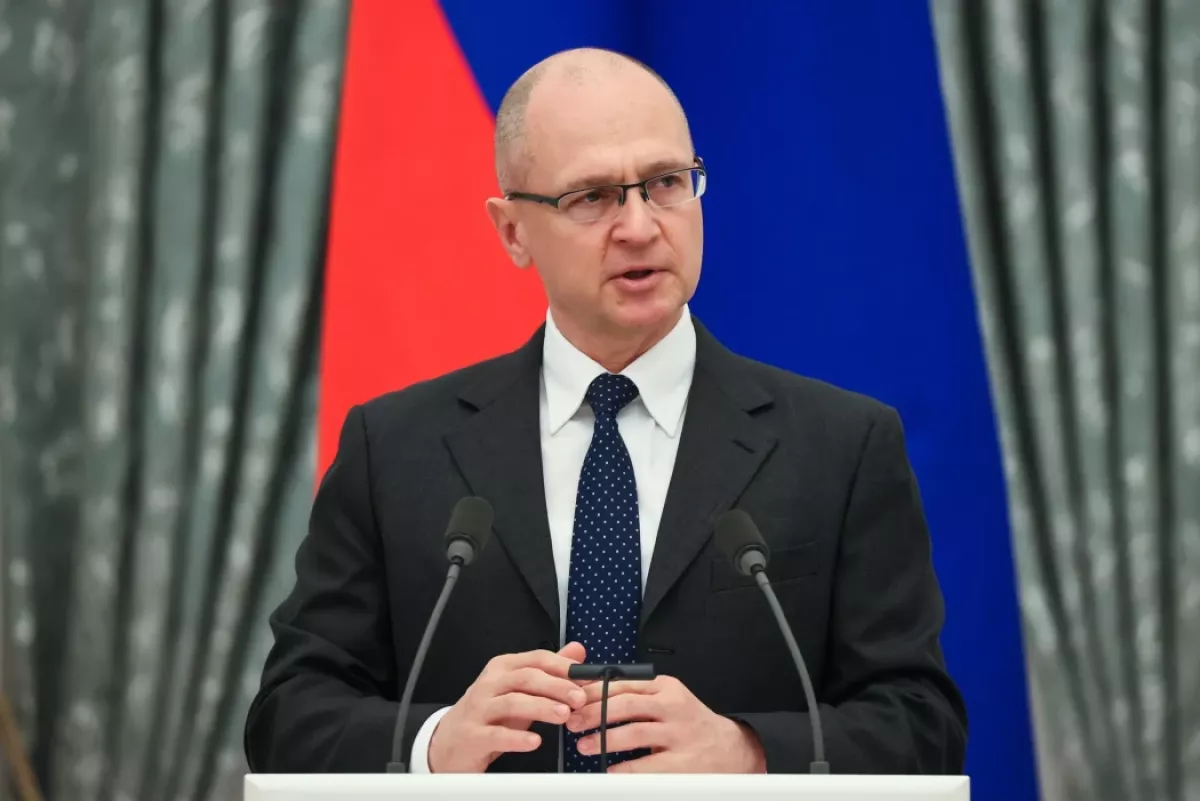Kremlin plans administrative shake-up to enhance post-Soviet relations
The Kremlin is reportedly preparing structural changes within the Russian presidential administration to strengthen its influence over neighbouring countries through “soft power,” according to sources close to the administration.
The proposed changes are linked to the expanded responsibilities of Sergey Kiriyenko, the First Deputy Head of the Presidential Administration, Caliber.Az reports, citing Russian media.

A new department may soon be established to oversee relations with the so-called “near abroad” — the countries of the former Soviet Union — as well as parts of the Global South.
Sources say the new unit will primarily focus on “humanitarian cooperation” and promoting Russia’s soft power abroad. The initiative also aims to support certain countries in state-building efforts. This is expected to involve collaboration with Russia’s domestic political bloc, reflecting the strategic importance placed on these relationships.
The exact leadership of this new department remains unknown, but insiders suggest it will be headed by a figure experienced in managing complex state projects. It is likely the new structure will be formed on the basis of the existing department responsible for cross-border cooperation, currently also under Kiriyenko’s supervision, possibly accompanied by a renaming and an expansion of functions.
The reform, expected to take place between August and September 2025, will include new staff appointments and a refresh of personnel.
Discussions over Kiriyenko’s growing portfolio have been ongoing since May 2025. Three main scenarios were considered: creating a new department, establishing new units within Kiriyenko’s existing domestic policy block, or transferring some responsibilities from Deputy Head Dmitry Kozak to Kiriyenko, including interregional and cultural ties with foreign countries.
However, the department responsible for foreign policy under presidential aide Yuri Ushakov is not expected to be affected.
Presidential Press Secretary Dmitry Peskov described the administration as a “fluid mechanism” with responsibilities shifting between deputies as necessary, confirming that such reorganisations are not unusual.
Currently, Sergey Kiriyenko oversees four departments: internal policy; monitoring and analysis of social processes; public projects; and the development of information and communication technologies and infrastructure.
By Aghakazim Guliyev








